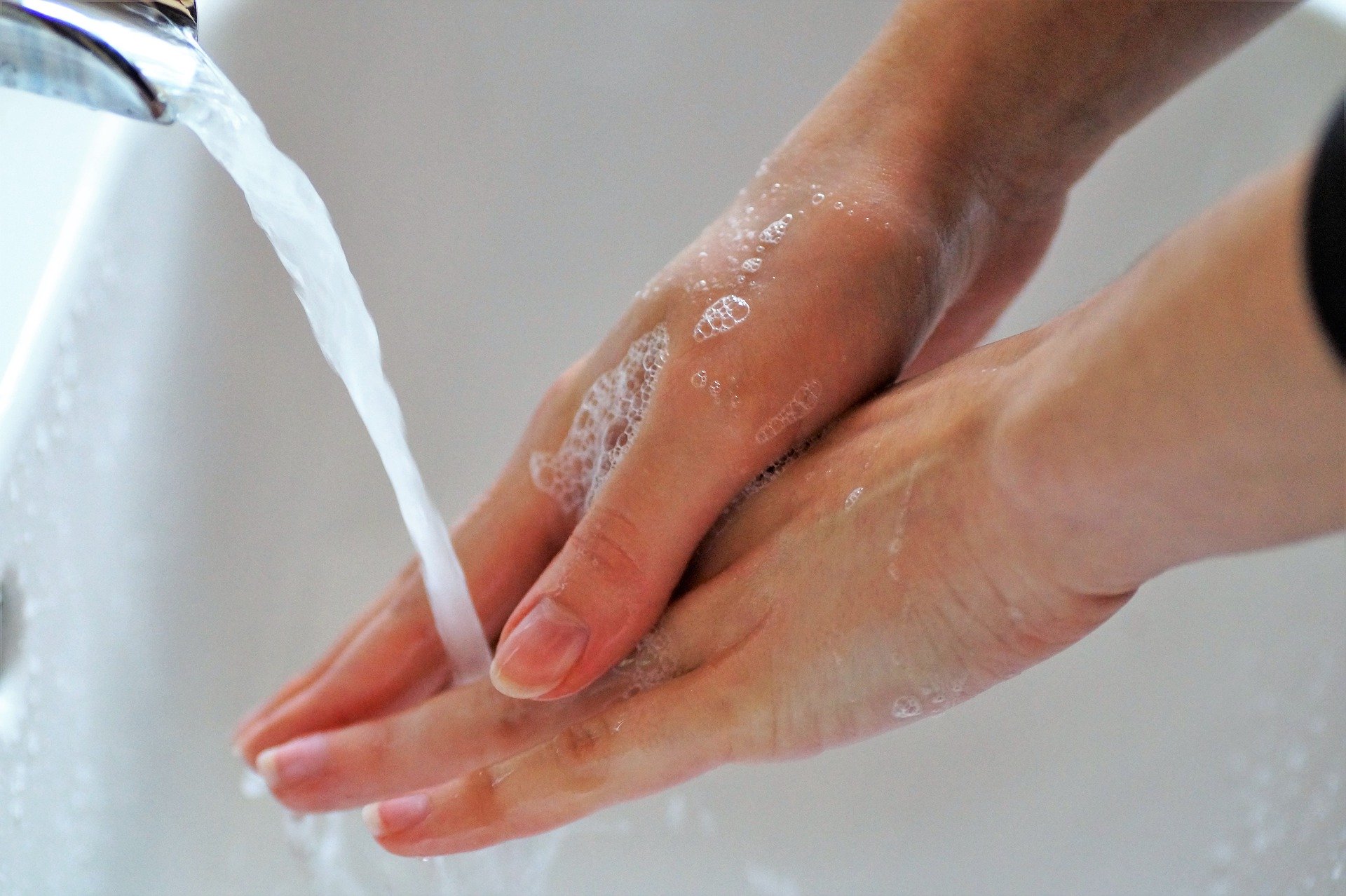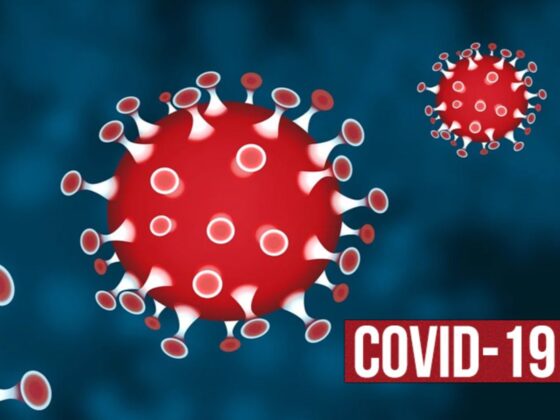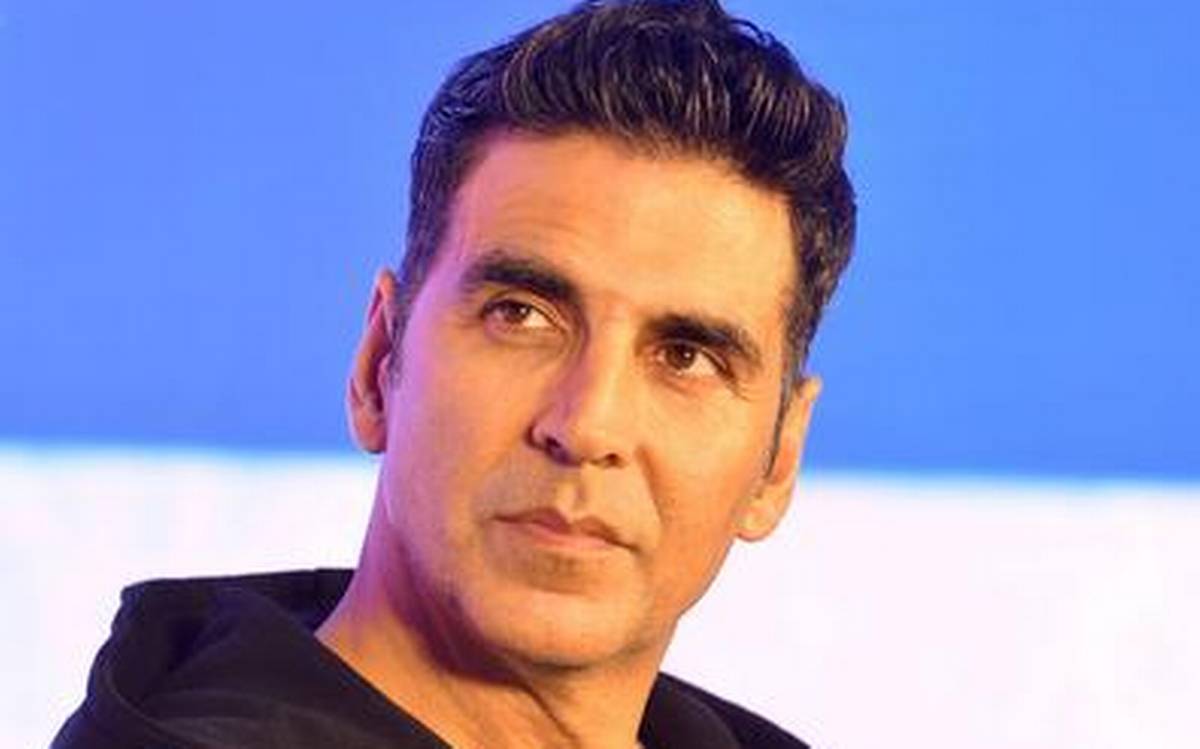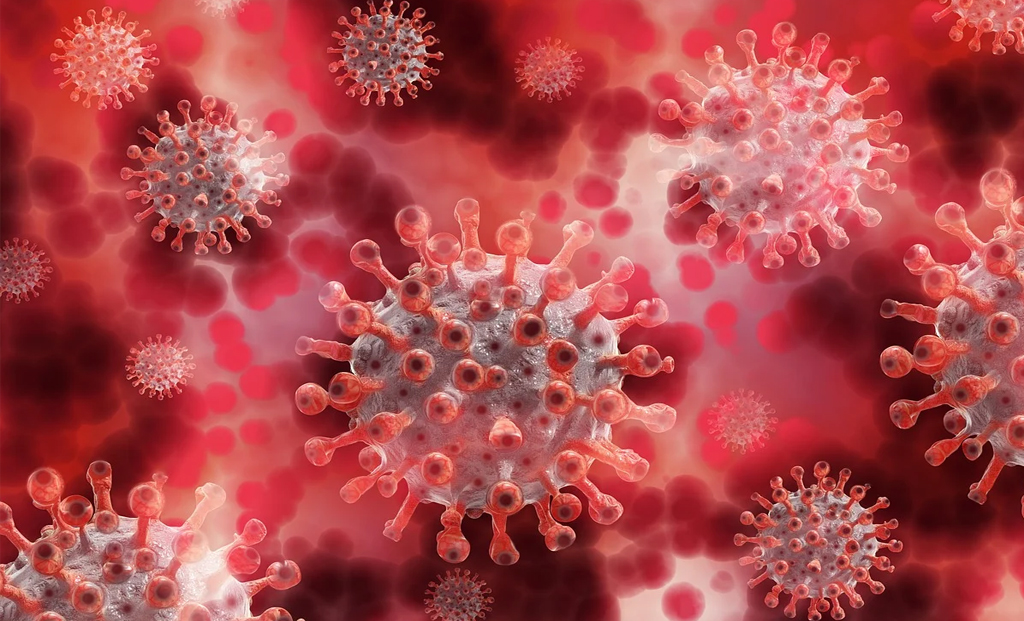Dr. Tilak Suvarna of Asian Heart Institute shares his insights on- SECONDS SAVE LIVES.
Doctors at Asian Heart Institute caution about the need for greater self-accountability when it comes to hand hygiene.
It is estimated that washing hands with soap and water could reduce diarrhoeal disease-associated deaths by up to 50%
If everyone routinely washed their hands, a million deaths a year could be prevented large percentage of food-borne disease outbreaks are spread by contaminated hands. Appropriate hand washing practices can reduce the risk of food-borne illness and other infections.
Hand-washing can reduce the risk of respiratory infections by 16%
Given the above CDC data, within healthcare settings, hand washing is particularly key. This is even more true during COVID 19 when healthcare workers are extremely stretched for time- ‘seconds save lives’ is the slogan this year.’
It was Ignaz Semmelweis (1818-1865), referred to as the “father of hand hygiene,” who highlighted the benefits of hand-washing among healthcare workers. Hand hygiene contributes significantly to keeping patients safe. It is a simple, low-cost action to prevent the spread of many of the microbes that cause healthcare-associated infections-e.g. Methicillin-resistant Staphylococcus aureus (MRSA) or Clostridium difficile are cases in point.
The key is that the designated infection preventionist—the person responsible for hand hygiene and preventing the risk of the spread of infections- does have any budget to do anything about it. So how can infections be prevented?
Direct observation: Direct observation has been the so-called gold standard. That means humans, people, walking around with a clipboard observing hand hygiene. However, that’s not really the most accurate way. Live observation covers a very small fraction of overall hand hygiene events. It also makes people maintain hand hygiene only when watched. Electronic monitoring: These systems have often been based on radio frequency identification devices (RFID), real-time locating systems (RTLS), wearables and other types of sensors. The issue here is that workers don’t like the idea of being tracked everywhere they go. Their cost-effectiveness is yet to be proven.
Dr. Tilak Suvarna, a senior interventional cardiologist at the Asian Heart Institute explains,” the real journey from interest to implementation can only be made if people are made accountable to themselves. The organization’s leadership has to be a champion for hand hygiene. More than anything else, information about hand hygiene must be disseminated in as many languages as possible- to as many people as possible.”
Remember to wash your hands regularly and prevent the spread of COVID 19.











